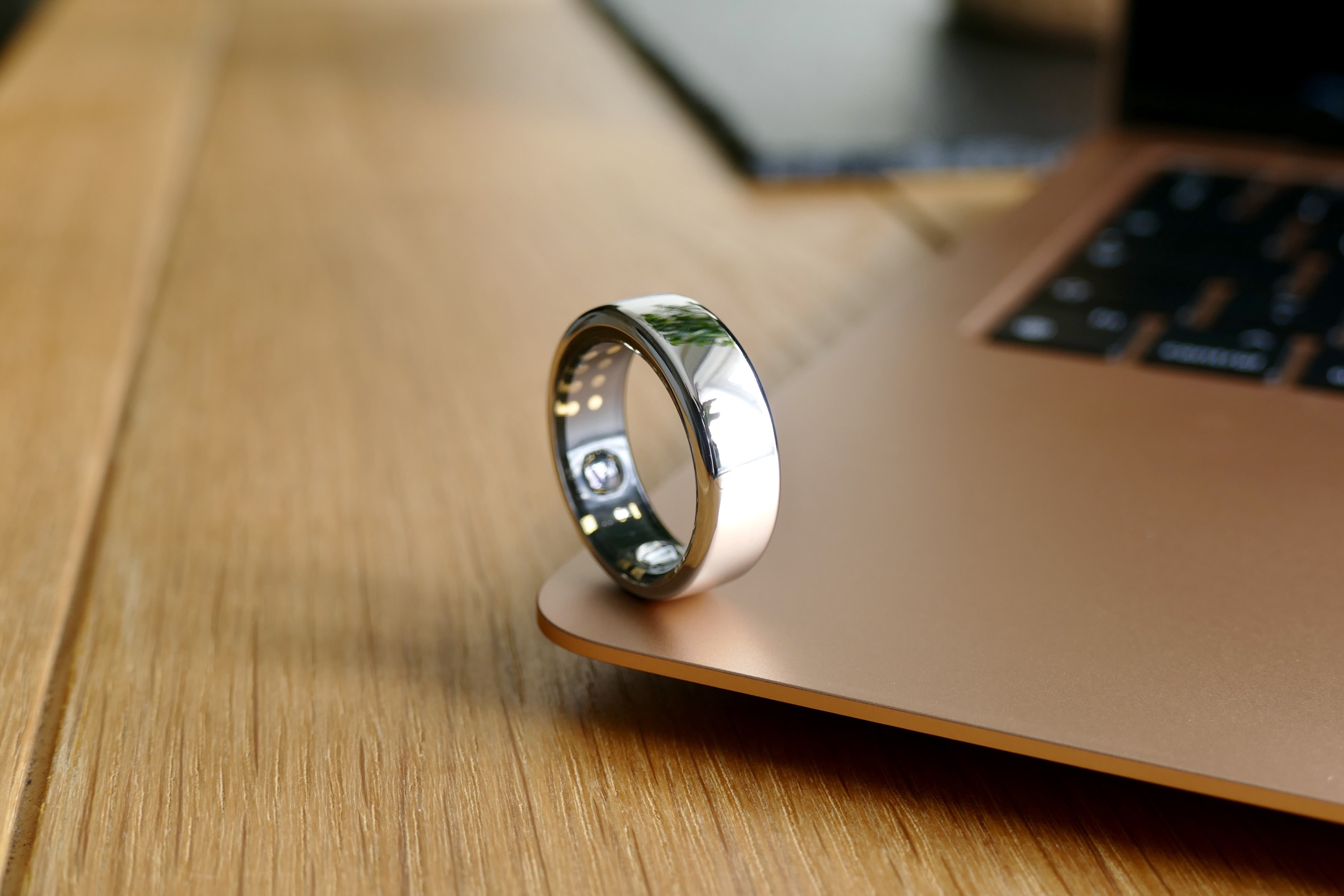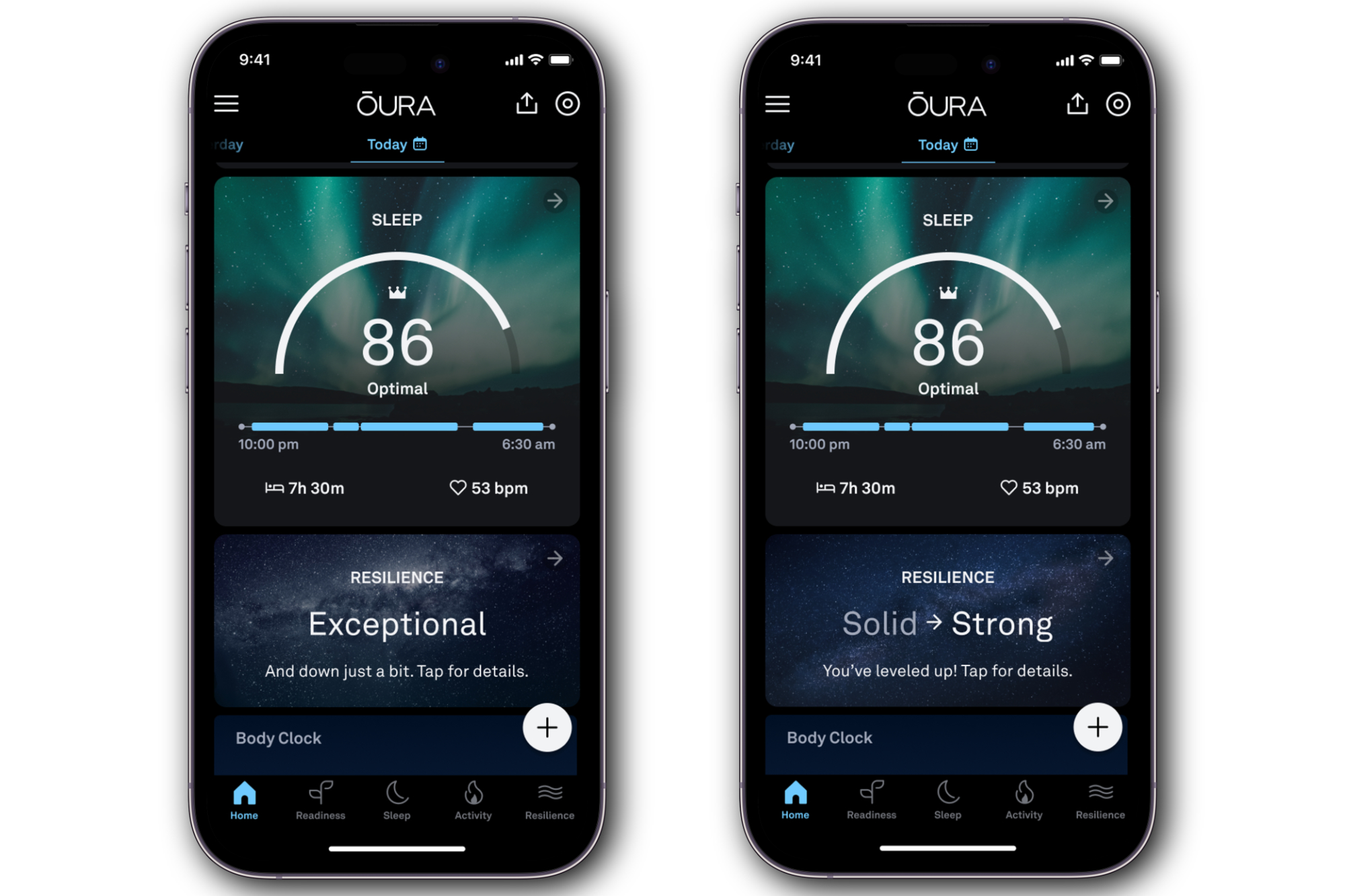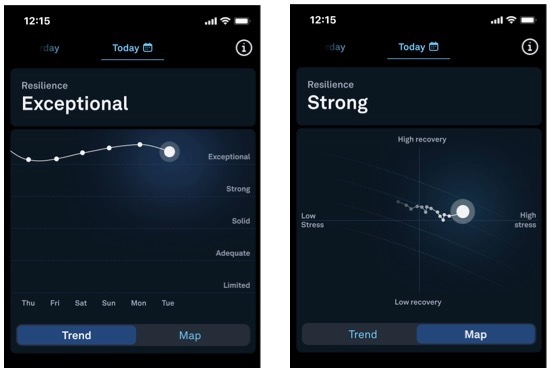
Do you find yourself getting stressed out often? If so, you may be interested in a new feature headed to the Oura Ring. The new tool is called “Resilience,” and it’s designed to help you manage stress. It will be available through a software update on Wednesday, January 31.
Resilience is an assessment tool that uses data from your previous activity to evaluate your ability to cope with physiological stress. The Oura app will analyze various factors, such as your stress levels during the day, your ability to recover during the day, and your recovery during sleep, to create a personalized stress assessment. By doing this, Resilience can help you balance your stress and recovery with insights, educational materials, and recommendations to manage stress and improve your overall health.
In October, Oura announced the new Resilience tool in addition to the Daytime Stress and Reflections features of the Oura ring. These two features have been available for three months and have already provided insightful data about Oura users.

The features have revealed that users experience higher stress levels on Fridays and Saturdays due to increased activity, which triggers a physiological stress response. According to Oura’s data, users experience an average of 95.6 minutes of stress daily, with 50% of them experiencing “stressed” days that account for about 11% of their time.
The data also indicates that users who consume alcohol experience stress for an average duration of 138.5 minutes, which is higher than the overall average stress duration for all users during the same period.

Oura has been busy adding new features to its popular wearable in recent months, all centered around wellness. Besides Reflection, Daytime Stress, and now Resilience, Oura partnered with Talkspace, an online behavioral health service provider. This collaboration allows users to share personalized sleep data with a licensed therapist. The therapist can create customized treatment plans and set better objectives by analyzing the individual’s sleep patterns and daily activity levels between appointments.
Also, Oura Circle was launched last year, allowing you to share three main data points with professionals and family members — Readiness, Sleep, and Activity.
The Oura Ring is a smart ring that tracks your physical activity and sleep patterns, and Finnish-based Oura Health makes it. You can purchase it from its website, starting at $299.
Editors' Recommendations
- One of the biggest Oura Ring competitors just did something huge
- Does the Oura Ring track steps?
- The Oura Ring has a hidden mode that every other wearable needs
- Here’s how you can try new Oura Ring features before anyone else
- Your Google Pixel 8 is getting this cool missing feature after all




